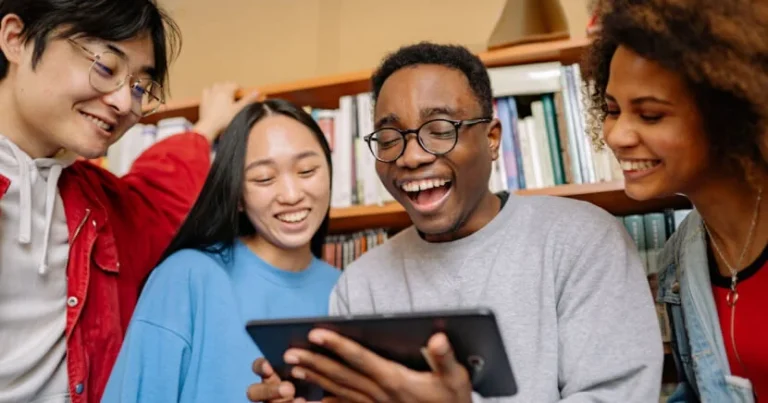Preserving Indigenous languages is not just about safeguarding words; it’s about protecting cultures, histories, and identities. As we grapple with the threat of language extinction, libraries emerge as crucial allies in the fight to ensure the survival and revitalization of Indigenous languages. In this article, we explore the vital role that libraries play in preserving Indigenous languages and the innovative initiatives underway to empower communities and reclaim linguistic heritage.
The Urgency of Language Preservation
Language loss is a pressing issue affecting Indigenous communities worldwide. With each passing generation, Indigenous languages face the risk of fading into obscurity, taking with them centuries of knowledge, wisdom, and cultural richness. The consequences of language extinction extend far beyond mere words; they represent the erasure of unique worldviews, oral traditions, and connections to the land.
Preserving Indigenous languages is not just a matter of linguistic diversity; it’s a matter of human rights and social justice. Language is a fundamental aspect of cultural identity, and its preservation is essential for the well-being and resilience of Indigenous communities.
The Role of Libraries in Language Preservation
Libraries serve as repositories of knowledge and guardians of cultural heritage, making them natural allies in the fight to preserve Indigenous languages. Through their collections of books, recordings, and archival materials, libraries play a crucial role in documenting and safeguarding linguistic diversity.
Moreover, libraries serve as accessible and inclusive spaces where community members can come together to learn, share, and celebrate their languages and cultures. From hosting language classes and cultural events to providing resources for language revitalization efforts, libraries serve as vital hubs for linguistic empowerment and cultural revitalization.
Innovative Initiatives in Language Preservation
Across the globe, libraries are spearheading innovative initiatives to support Indigenous language preservation efforts. Digital archives and online repositories make it easier than ever for communities to access and share linguistic resources, including recordings, dictionaries, and language-learning materials.
Furthermore, libraries are increasingly partnering with Indigenous communities to develop culturally relevant and community-driven language programs. These initiatives prioritize Indigenous knowledge systems and incorporate traditional teaching methods, ensuring that language revitalization efforts are rooted in cultural authenticity and community ownership.
Empowering Communities for Future Generations
At the heart of language preservation efforts are the communities themselves. Libraries play a vital role in empowering Indigenous communities to take ownership of their linguistic heritage and reclaim their languages for future generations.
Through collaboration, advocacy, and resource-sharing, libraries provide the support and infrastructure needed to sustain long-term language revitalization efforts. By centering Indigenous voices and perspectives, libraries contribute to the broader movement for linguistic and cultural revitalization, fostering a future where Indigenous languages thrive alongside the dominant languages of the world.
Conclusion: A Call to Action
As we celebrate the rich tapestry of human language diversity, let us not forget the urgency of preserving Indigenous languages. Libraries stand as beacons of hope in this endeavor, offering invaluable resources, support, and solidarity to Indigenous communities fighting to reclaim their linguistic heritage.
As individuals and institutions, we must recognize the importance of Indigenous languages and commit to supporting efforts for their preservation and revitalization. By harnessing the power of libraries and standing in solidarity with Indigenous communities, we can ensure that future generations inherit a world enriched by the voices and stories of the past.








